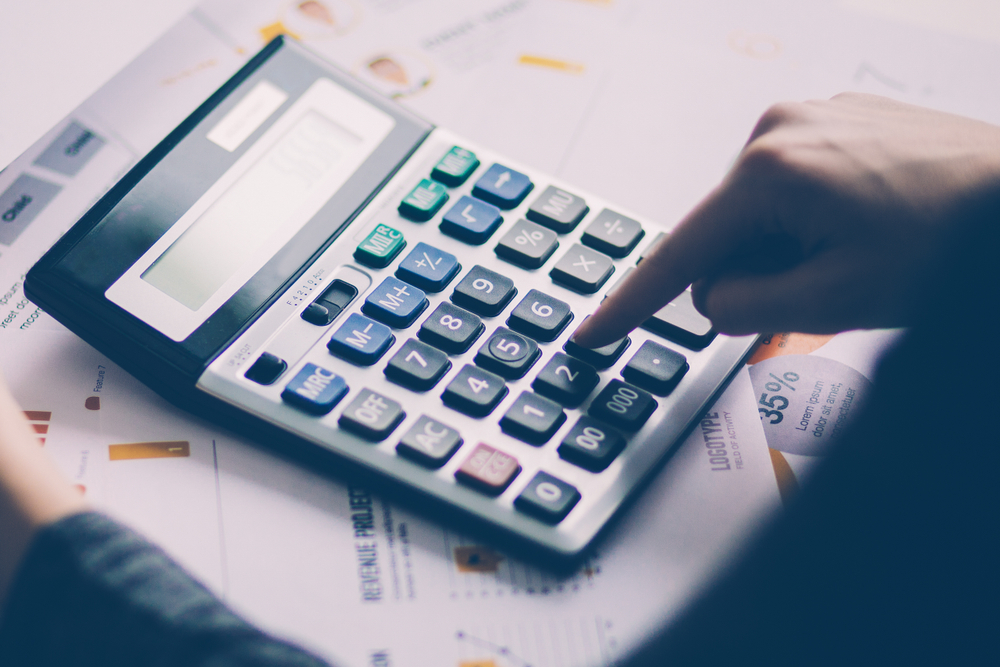
Description
An economist is an individual who practices the social science discipline of economics.
Economists also have to study, develop, and apply theories and concepts from economics and write about economic policy. There are many sub-fields within this field ranging from the broad philosophical theories to the focused study of minutiae within specific markets, macroeconomic analysis, microeconomic analysis or financial statement analysis, involving analytical methods and tools such as econometrics, statistics, economics computational models, financial economics, mathematical finance and mathematical economics.
Common Duties/Routines
Economists study how a society utilises resources, such as land, raw materials, labour and machinery, to produce goods and services. They conduct research, collect and analyse data, monitor economic trends, and develop forecasts on a wide variety of issues, including energy costs, inflation, interest rates, exchange rates, business cycles, taxes, and employment levels, among others. Many economists specialize in a particular area of economics, although general knowledge of basic economic principles is essential. Here are a few tasks they are responsible for during their job process and how they vary depending on the type of branch they specialise in:
- Economists need to develop methods for obtaining the data they need. For example, sampling techniques may be used to conduct a survey, and various mathematical modelling techniques may be used to develop forecasts. Preparing reports, including tables and charts, on research results is also an essential part of an economist's job. Some economists also perform economic analysis for the media.
- Micro economists study the supply and demand decisions of individuals and firms, such as how profits can be maximized and the quantity of a good or service that consumers will demand at a certain price.
- Industrial economists and organizational economists study the market structure of specific industries according to the number of competitors within those industries. They also examine the market decisions and activities of competitive firms and monopolies. These economists are also concerned with antitrust policy and its impact on market structure.
- Macroeconomists are required to study and observe historical trends in the whole economy and forecast future trends in areas such as unemployment, inflation, economic growth, productivity, and investment.
- International economists study global financial markets, currencies and exchange rates, and the effects of different trade policies such as tariffs.
- Labor economists and demographic economists study the supply and demand for labor and the determination of wages. They also try to demonstrate the reasons for unemployment and the effects of changing demographic trends, such as an aging population and increasing immigration, on labor markets.
- Econometricians investigate all areas of economics and implement mathematical techniques such as calculus, game theory, and regression analysis to their research.
Another large employer of economists is the government. Economists in the Federal Government administer most of the surveys and collect the majority of the economic data about their country. Economists who work for government agencies also assess economic conditions in their respective countries and abroad to estimate the effects of specific changes in legislation and public policy. Government economists are responsible for advising policy makers in areas such as the deregulation of industries, the effects of changes to Social Security, the effects of tax cuts on the budget deficit, and the effectiveness of imposing tariffs on imported goods.

Required/Trained Skills
A master's or Ph.D. degree in economics is required for many private sector economist jobs and for advancement to higher-level positions. In the Federal Government, candidates for entry-level economist positions must have a bachelor's degree with a minimum of 21 semester hours of economics and 3 hours of statistics, accounting, or calculus, or a combination of education and experience.
Economics includes numerous specialties at the graduate level, such as econometrics, international economics, and labour economics. Some schools help graduate students find internships or part-time employment in government agencies, economic consulting or research firms, or financial institutions before graduation.
Undergraduate economics majors have a variety of courses to choose from, ranging from microeconomics, macroeconomics, and econometrics to more philosophical courses, such as the history of economic thought. Courses in mathematics, statistics, econometrics, sampling theory and survey design, and computer science are extremely helpful because of the importance of quantitative skills to economists.
Whether working in government, research organizations, industry, or consulting firms, economists with a bachelor's degree usually qualify for basic entry-level positions as a research assistant, for marketing or finance positions, or for various sales jobs. A master's degree usually is required to qualify for more advanced research and administrative positions. A Ph.D. is necessary for the top economist positions in many organizations.
Aspiring economists should gain experience gathering and analysing data, conducting interviews or surveys, and writing reports on their findings while in college. With experience, economists eventually are assigned their own research projects. Additional job experience, such as working in stock or bond trade, might be advantageous.
Here are a few additional skills you must possess to if you are considering a career as an economist:
- Ability to pay close attention to details because the field requires a lot of precise data analysis.
- Strong computer and quantitative skills and the ability perform complicated research.
- Patience and persistence are necessary qualities, given that economists must spend long hours on independent study and problem solving.
- Good communication skills are also quite useful, as economists must be able to present their findings, both orally and in writing, in a comprehensive and concise manner.
Work Environment
Economists have organized work schedules. They often work alone, writing reports, preparing statistical charts, and using computers, but they also may be an integral part of a research team. Many work under strict pressure of deadlines and tight schedules, which may require overtime. Their routine can also be interrupted by special requests for data and by the need to attend meetings or conferences. Traveling may be necessary as well.
Salary/Compensation
According to the U.S. Bureau of Labor Statistics (BLS), economists earned a mean salary of $109,230 in May 2015. In the same year, economists working for the federal government earned $114,600 on an average
Skillset 4
Skillset
HARD SKILLS
- Data analysis software skills
- Finance knowledge
- Math skills
- Statistics gathering skills